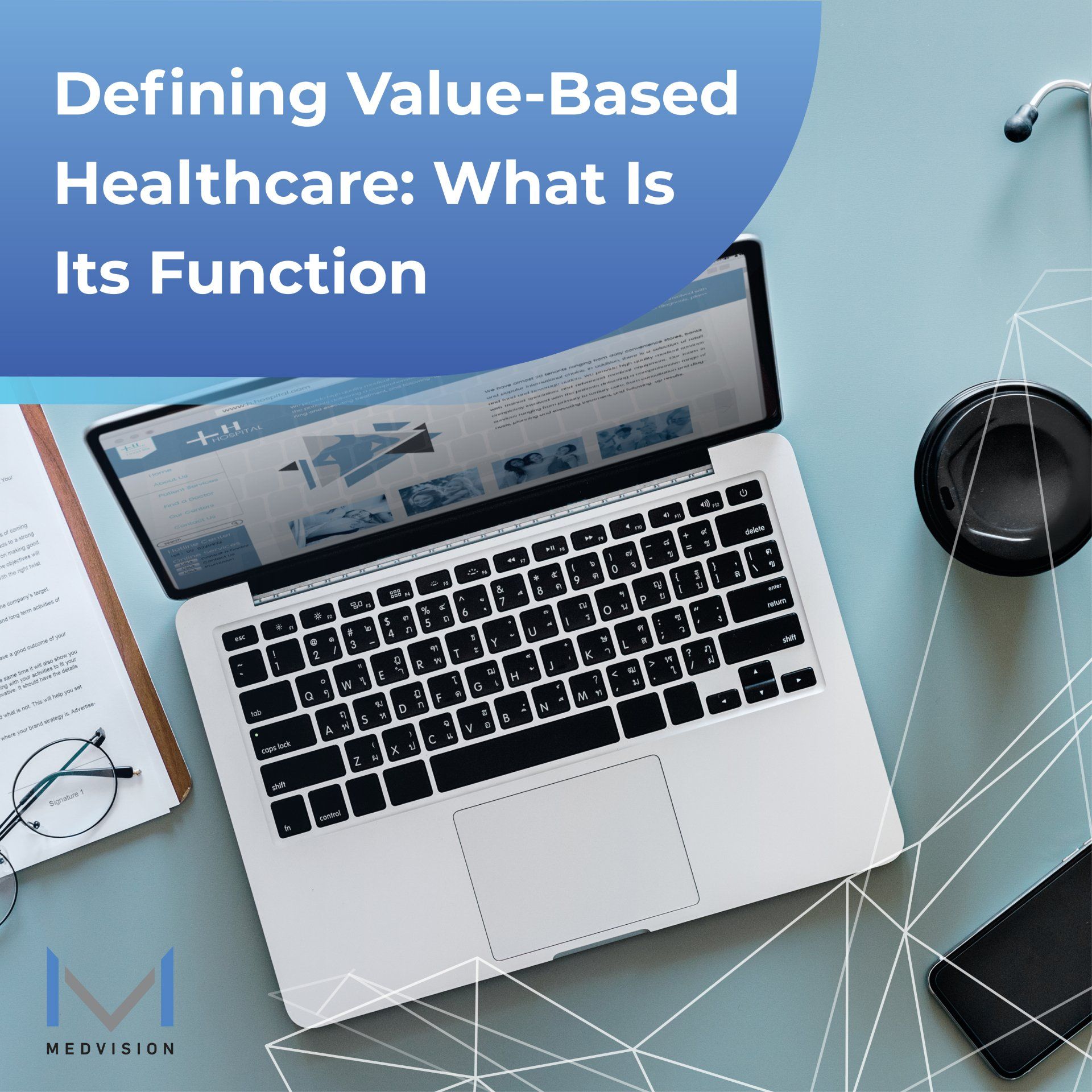5 Benefits of Value-Based Health Care
With health even more at the forefront now, healthcare delivery methods are becoming increasingly crucial in providing critical services to patients. The quest for better diagnoses, care, and maintenance has always been an evolving issue for many health providers and patients. It eventually culminated in the authorizing of several value-based healthcare programs under the Affordable Care Act (ACA).
Defining Value-Based Healthcare
Value-based healthcare is a delivery model in which providers in the healthcare industry are paid based on patient health results. Under value-based healthcare contracts, providers are rewarded for helping patients improve their health, lower the effects and incidence of chronic diseases, and live healthier lives in an evidence-based approach.
The all-inclusive goals of value-based care take into account these three key components:
- Improved health
- Increased patient satisfaction
- Reduced cost
Value-based healthcare programs differ from a fee-for-service (FFS) approach, where providers are paid based on the number of healthcare services they provide.
Who Benefits From Value-Based Healthcare Solutions?
A healthier population with fewer claims means that the payers’ premium pools and investments are less depleted. Value-based payment also allows payers to increase efficiency by bundling their payments to cover the patient’s full care cycle. In the case of chronic conditions, bundled value-based payments can also cover the patient’s care cycle for periods of a year or more.
The value-based healthcare system has a three-fold benefit. Primarily, patients enjoy lower costs at higher quality care. Second, providers provide better care coordination in handling patient cases. Third, providers and payviders maintain stronger cost control with reduced risks.
Value-Based Healthcare Benefits
Everyone involved in value-based healthcare programs reaps the rewards, which are:
1. Better outcomes at lesser costs
In value-based healthcare systems, providers focus more on offering preventive care which is less costly when compared with the treatments for chronic conditions. Patients under quality health services tend to require fewer doctor’s visits, medical treatments, and medical procedures. The value-based healthcare program ultimately reduces healthcare spending while increasing wellness.
2. Higher patient satisfaction
Patient satisfaction is crucial to an effective value-based system. Patients run through only required tests and treatments to ensure complete or better health outcomes. Increased patient satisfaction also boosts trust and confidence in the provider’s expertise and competence, leading to better rankings and scores.
3. Enhanced care coordination
Under value-based healthcare systems, providers are encouraged to work together interactively in promoting the common goal of total patient wellness. This raises cooperation and care coordination in improving healthcare services for the patient.
4. Improved healthcare at lower costs
A healthier society means reduced healthcare costs, leading to increased financial efficiency and monetary surplus for patients, healthcare providers, hospitals, and other organizations in the healthcare industry.
5. Stronger premium control at lowered risks
Once value-based healthcare reduces costs for all involved, payviders and insurance companies are less likely to increase premiums and deductibles since they are paying out less for the services that their subscribers use. In turn, premiums are more likely to remain stable, and everyone benefits from lesser expenses.
Software Solutions Enhance Value-Based Healthcare
A solid value-based healthcare solution software is integral in establishing a successful care coordination system for any Physician-Hospital Organization (PHO). With so many medical healthcare incidences on the rise, it is even more critical to adopt a comprehensive, customizable, and fully automated healthcare solution system. MedVision has been at the forefront of crafting superior healthcare solutions through its revolutionary software QuickCap. QuickCap has been helping many healthcare organizations achieve their visions and missions by offering extensive functionalities and applications to increase productivity and returns.
MedVision has long been a proud partner of many flourishing organizations. Visit us now to learn how we can take your company higher with MedVision’s premier healthcare solutions.
Explore Related Blogs
Recently published articles
Keep in touch
Subscribe to get the latest update
Trending topics
Share your insights on social media
Upcoming events and company news















